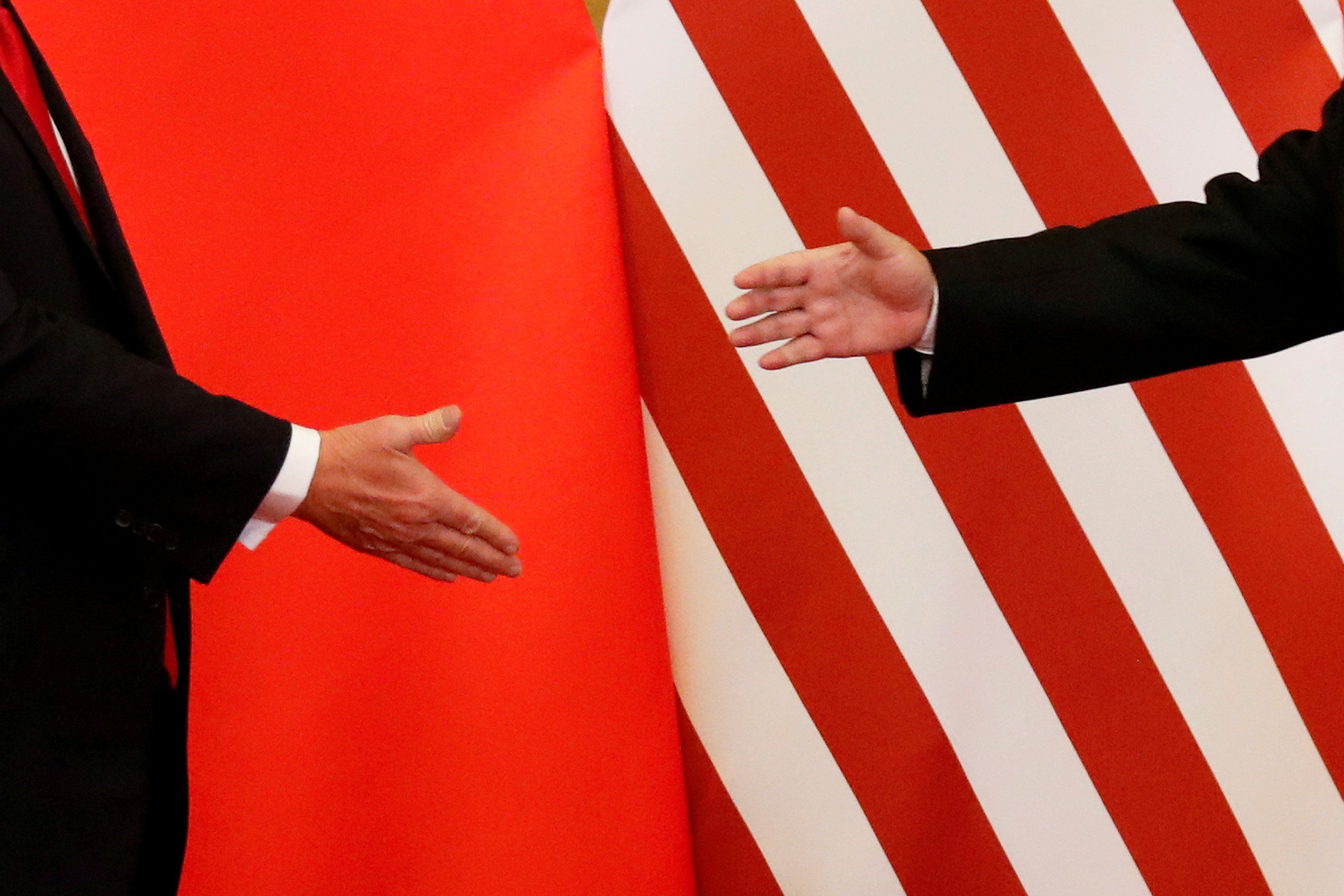As the trade war between the world's two largest economies continues, stock markets around the world have gone queasy, and both sides are hunkering down for a longer fight. Some people still hope that a compromise will emerge at a possible Trump-Xi meeting during the G20 summit in Osaka in June.
But the optimists shouldn't get their hopes up.
Trump and his negotiators are demanding a fundamental change to the way China grows its economy. Among other things, they want the Chinese government to:
- provide better access for US firms to the Chinese marketplace
- stop providing Chinese companies with big subsidies that give them a competitive edge against foreigners
- stop stealing foreign intellectual property
- end the practice of forcing US companies to share new technologies as the price of entry into China
- write these changes into Chinese law
- and create a verification system that gives the US government confidence that China is actually doing all these things
In other words, Trump wants Xi to formally renounce the tools that China's leaders have used to transform what was once one of the poorest economies into what is now the world's second largest. What's more, Trump wants Beijing to make all these changes with a knife at its throat.
Compromise won't come easy on either side. Both Xi and Trump attach outsized importance to the need to save face. Both are under intense domestic political pressure to prove that the gains they hope to make are worth the pain they're forcing their people to endure.
Many of us assume that US and China will eventually get to yes. But what if it takes much longer than anyone thinks?
If they can't make sustainable progress toward a deal by their meeting next month, this conflict will drag on – potentially until after the 2020 US presidential election. Why make tough concessions to a man who might not be president much longer?
The 2020 election is still 18 months from now – if the trade war persists until then, how much collateral damage will China, the US, and the world economy suffer in that interim?
